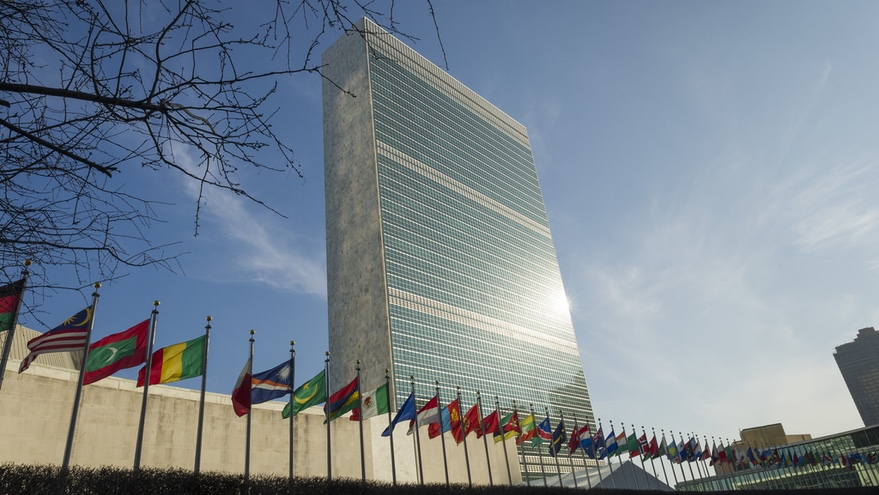
The Rise of the Thielists
Peter Thiel appeared at a Zoom event one evening this past April in a familiar pose: his face sat tense and almost twitchy, and yet his voice radiated authority and calm. Even by Thiel’s rarefied standards, his main interviewer that evening, in a conversation hosted by the Nixon Foundation, was impressive: Mike Pompeo, Trump’s former Secretary of State and a potential Presidential contender, who was treating the billionaire with deference while asking him the broadest of questions about the future of the U.S. and China. “You spend a lot of time thinking and writing about the technology fight between the West and the ideas that the Chinese Communist Party puts forward—whether that’s disinformation or the capacity to move digits around the world,” Pompeo said to Thiel, before asking the investor how the two powers compared, technologically. For anyone interested in who will hold power in the Republican Party in the near future, the event made for a stark tableau of clout. Pompeo’s eyes narrowed attentively as he listened to Thiel; the Trump national-security adviser, Robert O’Brien, who had also been invited to ask questions, was nodding appreciatively beneath a formidable white coif.
Most of us, these days, operate downstream from one billionaire or another, and the most interesting and destabilizing parts of the Republican Party are operating downstream from Thiel, whose net worth Bloomberg recently estimated at more than six billion dollars. Eric Weinstein, who coined the term “intellectual dark Web,” is the managing director at Thiel Capital. (“Man of many hats,” Thiel said not long ago, when asked to describe Weinstein’s role within his empire.) In 2015 and 2016, Thiel made a critical three-hundred-thousand-dollar donation to the campaign of Josh Hawley, who was then running for Missouri attorney general; once in office, Hawley had to answer questions about whether his announcement of an antitrust investigation into Google had anything to do with Thiel, an avowed opponent of the search giant. This year, Thiel has given ten million dollars to an outside group funding the Ohio Senate campaign of J. D. Vance, the venture capitalist who became famous as the author of the 2016 memoir “Hillbilly Elegy,” and a voice on behalf of the parts of America that globalization had left behind. (He is now a regular on Tucker Carlson’s Fox News show.) Thiel donated ten million dollars to the Arizona U.S. Senate campaign of his own aide, Blake Masters, who co-authored one of his books and has mostly worked for Thiel since he graduated from Stanford Law, a decade ago; he gave roughly two million dollars to the failed 2020 Senate campaign of the hard-right anti-immigrationist Senate candidate Kris Kobach. There is no obvious party line among the Thielists, but they tend to share a couple of characteristics. They are interested in championing outré ideas and causes, and they are members of an American élite who nevertheless emphasize, in their politics, how awful élites have been for ordinary Americans.























